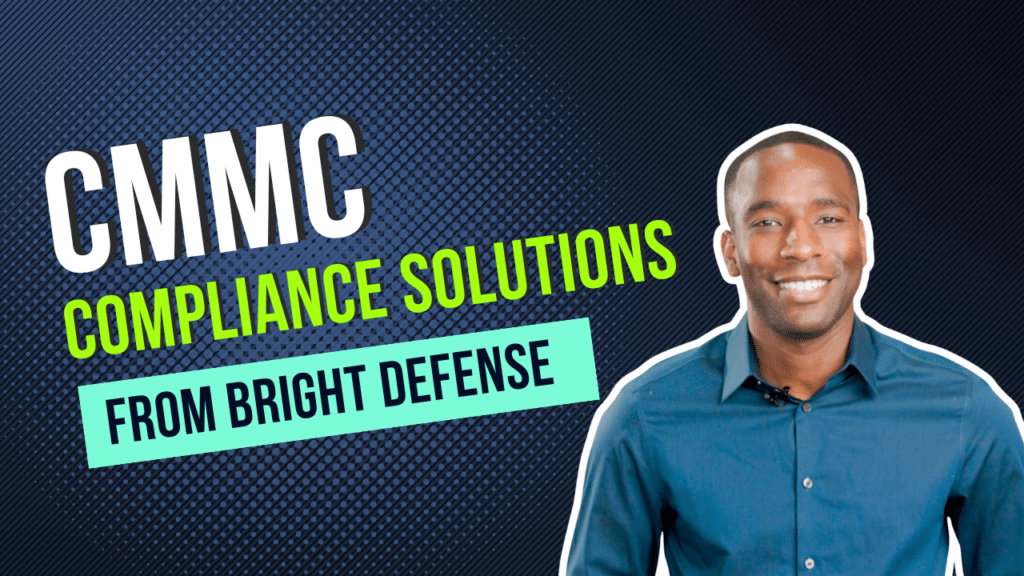
Tim Mektrakarn
February 16, 2025
GDPR vs. CCPA: What’s the Difference?
If you’ve been diving into the world of data privacy, you’ve probably come across two big acronyms: GDPR vs. CCPA. You might be thinking, “Are they just fancy laws trying to do the same thing, or are there real differences I should care about?” Well, you’re in the right place. Let’s break down what GDPR vs CCPA are all about, how they differ, and why they matter to your business.
Understanding GDPR (General Data Protection Regulation)
Let’s start with GDPR, the General Data Protection Regulation. This is the European Union’s heavyweight privacy law that came into effect in 2018. The goal? To give people more control over their personal data and make companies handle that data more responsibly. So, if your business is in the EU, or even if you’re based elsewhere but handle data from EU residents, GDPR is knocking at your door.
Key Rights Under GDPR:
- Right to Access: Individuals can ask what personal data you have on them.
- Right to Rectification: Got their data wrong? They can request you correct it.
- Right to Erasure (Right to be Forgotten): People can ask you to delete their data.
- Right to Data Portability: Allows individuals to get their data in a common format and transfer it to another service.
- Right to Restrict Processing: People can limit how their data is used.
- Right to Object: Individuals can object to how their data is processed, especially in marketing.

Compliance Requirements:
- You need to notify users quickly if there’s a data breach.
- Conduct Data Protection Impact Assessments (DPIAs) if your data processing poses high risks to privacy.
- Appoint a Data Protection Officer (DPO) if your data handling is significant enough.
Understanding CCPA (California Consumer Privacy Act)
Now let’s hop across the pond to the United States, specifically to California, which rolled out its own privacy law in 2020: the California Consumer Privacy Act, or CCPA. This law is all about giving Californians more insight and control over their personal data.
Key Rights Under CCPA:
- Right to Know: Consumers can ask what data is being collected about them and why.
- Right to Delete: People can request that their data be deleted.
- Right to Opt-Out: Users can opt out of the sale of their personal data.
- Right to Non-Discrimination: Exercising their rights shouldn’t result in worse service or prices.
Compliance Requirements:
- Update your privacy policy to explain how you collect, use, and share data.
- Provide clear ways for users to opt-out of having their data sold.
- Have processes in place to handle requests from consumers who want to know, delete, or opt-out.

Key Differences Between GDPR vs. CCPA
Now that we know what GDPR vs CCPA are all about, let’s chat about how they’re different.
Geographical Scope:
- GDPR: This one is broad—it applies to any company handling EU residents’ data, no matter where the company is based.
- CCPA: Focused on California residents and businesses that either operate in California or target Californians.
Applicability and Thresholds:
- GDPR: Applies to pretty much any company that handles EU data, big or small.
- CCPA: Targets businesses meeting specific criteria, like earning over $25 million annually, handling data of 100,000+ consumers, or earning revenue from selling consumer data.
Data Subject Rights:
- GDPR: Offers a wider range of rights, including data portability and the right to correct inaccuracies.
- CCPA: Primarily about knowing, deleting, and opting out of data sales.
Legal Basis for Data Processing:
- GDPR: Requires companies to have a lawful reason for processing data, like user consent or contractual obligations.
- CCPA: Less restrictive on why data can be processed but heavily focuses on consumer rights and transparency.
Penalties:
- GDPR: Fines can be hefty—up to €20 million or 4% of global revenue, whichever is higher.
- CCPA: Fines can reach up to $7,500 per intentional violation, and $2,500 for unintentional violations.

Similarities Between CCPA vs. GDPR
Despite their differences, CCPA vs GDPR share some common ground:
- Focus on Consumer Privacy: Both laws aim to enhance individual privacy rights and data protection.
- Transparency: Businesses are required to be upfront about their data practices.
- Access and Deletion Rights: Both allow individuals to see what data is collected about them and request its deletion.
Which Law Applies to Your Business?
So, which one do you need to comply with? It depends on your operations. If you’re handling data from EU residents, GDPR is your main concern. If you’re targeting California residents or have a significant footprint in California, CCPA is the law to focus on. And yes, if your business straddles both markets, you’ll need to juggle both.
The Future of Data Privacy Laws
Data privacy isn’t just a trend—it’s becoming a global standard. GDPR and CCPA are setting the stage for new regulations, like California’s CPRA and other U.S. states rolling out their own laws. Keeping up with these regulations isn’t just about compliance; it’s about building trust with your customers and staying ahead of the curve.
Conclusion
GDPR and CCPA both aim to protect personal data but do so in different ways. Understanding the differences—and similarities—can help your business navigate the complex world of data privacy. If you’re unsure about where to start or need help with compliance, reaching out to a legal or privacy expert is always a smart move.
Let Bright Defense Help!
Navigating the complexities of GDPR and CCPA compliance can feel overwhelming, but you don’t have to do it alone. Bright Defense specializes in implementing cookie consent management solutions, crafting tailored data privacy policies, and setting up technical controls that meet the strict requirements of these regulations.
Our team of experts will guide you through every step, ensuring that your business not only complies with data privacy laws but also builds trust with your customers. Whether you’re starting from scratch or need to fine-tune your existing compliance strategy, Bright Defense is here to help.
Contact us today to schedule a consultation and learn how we can protect your business and keep you compliant in this ever-evolving data privacy landscape. Let’s take your data protection to the next level!
Get In Touch



